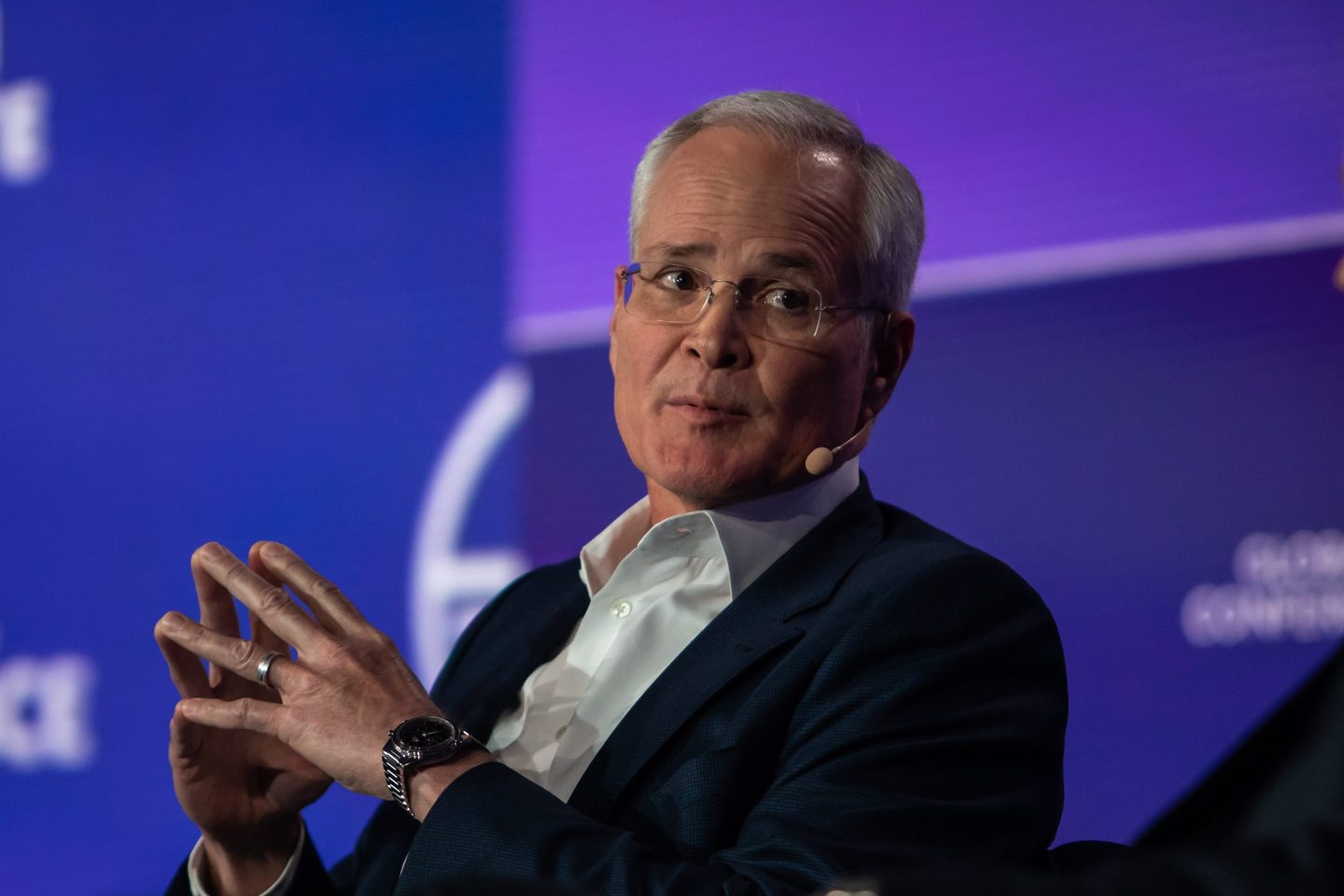Super Bowl Sunday is just around the corner, quickly followed by an infamous workplace phenomenon: the “Super Bowl flu.” That’s the unofficial term for when a legion of workers call out sick on Monday following the weekend festivities.
This year, over 16 million U.S. employees plan to miss work on Monday after the game between the San Francisco 49ers and Kansas City Chiefs, according to a new survey conducted by the Harris Poll for the Workforce Institute at UKG—a think tank associated with the HR, payroll, and workforce management solutions company. Around 10 million of those workers have already requested the day off, and over 6 million plan to skip but haven’t requested a formal absence. To put that into perspective, that means around 14% of U.S. workers plan to miss at least some work on Monday.
The cost of those absences can add up for employers. This year has the same number of expected Monday absences as 2021. That year was estimated to cost businesses more than $6 billion in losses, according to HR consulting firm Challenger, Gray, and Christmas, and UKG believes the losses this year will be similar.
The “Super Bowl flu” extends beyond absences alone—about 28% of workers polled believe they’ll be less productive at work that day, according to the UKG survey.
Dr. Jarik Conrad, executive director of the Workforce Institute, says that the day after the Super Bowl allows for a diffusion of responsibility among workers who may have otherwise been reluctant to skip work for more esoteric reasons. “This might be a case of safety in numbers,” he tells Fortune. He added that the Super Bowl allows employees to rationalize skipping work by thinking: “I know a whole lot of people are going to do it, then I won’t be isolated, and maybe there won’t be any consequences. They can’t fire everybody.”
Aside from business losses, the “Super Bowl flu” can be hard on other workers. Employees who do show up on Monday may have to take on additional work, Conrad says, and people who are actually sick might be doubted by management. “Folks who are just taking that day off are doing a disservice for those people who might need it for childcare, or their own sicknesses, or whatever legitimate reasons there might be.”
Bosses can certainly try to crack down on mass absences, but they might find it tough going. Around 37% of U.S. employees believe that post–Super Bowl Monday should be a national holiday, and one in five managers plans to miss at least some work that day, according to the UKG survey.
For post–Super Bowl Mondays moving forward, businesses can mitigate losses by educating employees on attendance policies and the impact of their absence on other coworkers. Employers can also get creative and plan ways to celebrate the Super Bowl in-office on Mondays to boost morale.
“We’re just going to have to figure out how to work with it instead of working around it,” says Conrad. “Make it a positive thing.”
Emma Burleigh
emma.burleigh@fortune.com
@EmmaBurleigh1
Around the Table
A round-up of the most important HR headlines.
- An unofficial coalition of civil rights groups is planning to rally against anti-DEI rhetoric: “We’re up against an effort to contort and misrepresent what DEI really means.” NBC News
- Australia’s Senate passed a bill that protects workers’ “right to disconnect” after work hours. Employers can be fined if they punish workers for not meeting such demands. NYT
- At least 12 managers in the FDIC’s human resource operations have faced complaints of harassment and discrimination since 2018, weakening employee confidence in misconduct accountability. WSJ
- SpaceX is facing more complaints of sexual harassment and discrimination, as former employees filing the suit scrutinize the frat-style workplace environment. Guardian
Watercooler
Everything you need to know from Fortune.
Pop quiz. Elon Musk allegedly reopened completed performance reviews to ask managers which employee roles are critical amid slumping EV demand. —Christiaan Hetzner
Death of the degree. Major employers are scrapping degree requirements and looking for a skill that universities can't teach: adaptability. —Orianna Rosa Royle
Change of tune. More republican states are backing childcare investments, despite their previous aversion, due to a worker shortage. —Moriah Balingit, AP
Investing in youth. Microsoft’s CEO will train two million of India’s Gen Z job seekers in AI by 2025 to support the country’s goal to create a self-reliant AI workforce. —Sunny Nagpaul
This is the web version of CHRO Daily, a newsletter focusing on helping HR executives navigate the needs of the workplace. Sign up to get it delivered free to your inbox.













